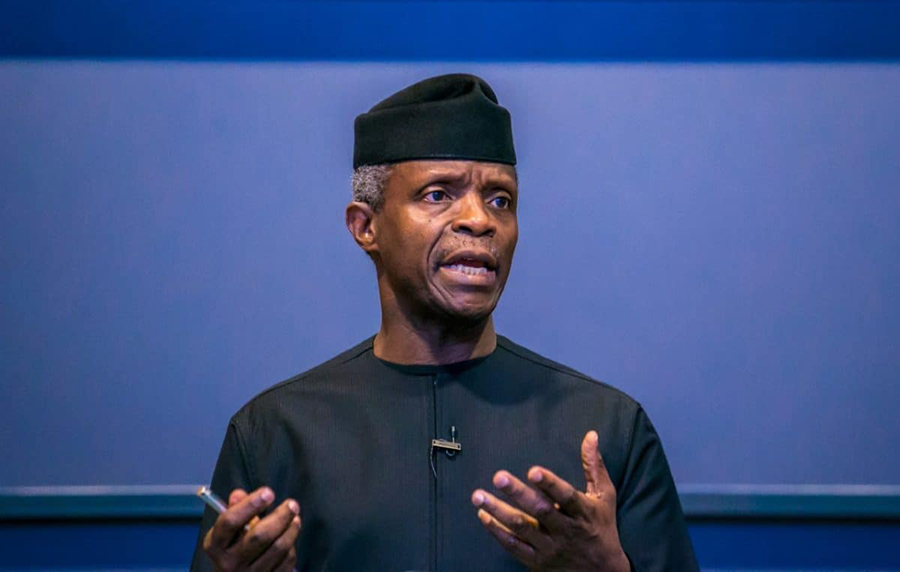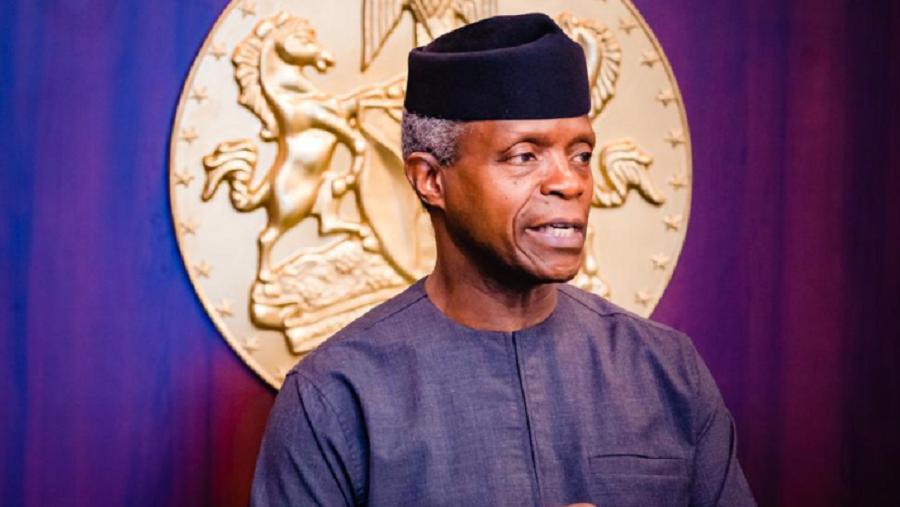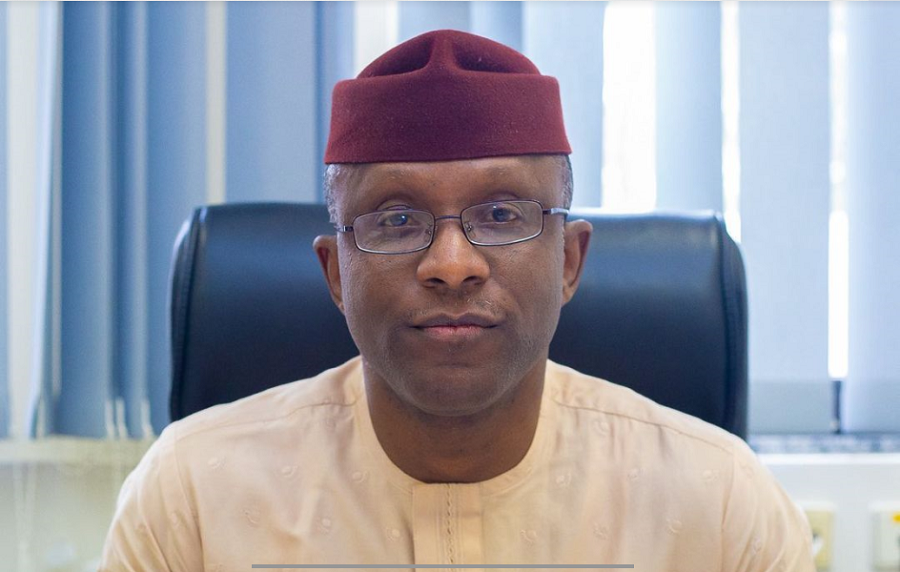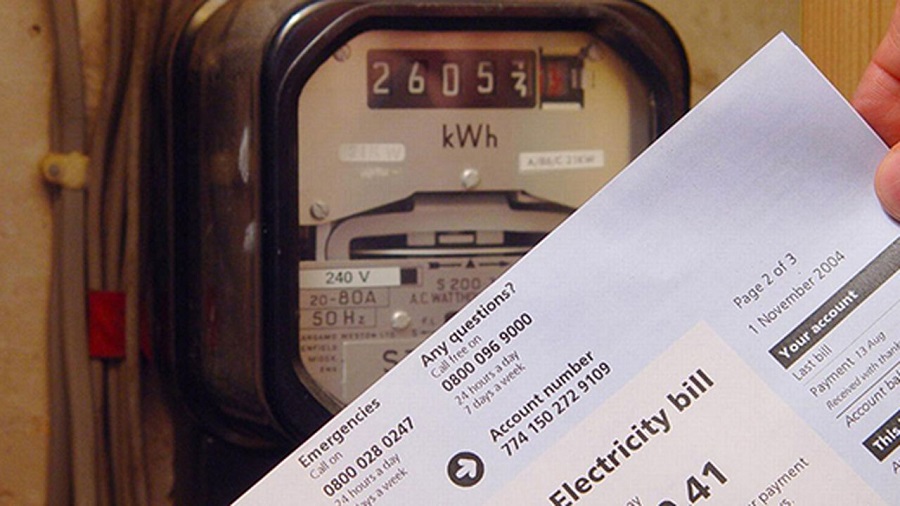The Federal Government has announced that it will commence the process of the installation of 5 million solar-home systems in under-served and off-grid communities across the country from next week.
This move is in continuation of coordinated implementation of the Economic Sustainability Plan (ESP) which is being coordinated by a committee headed by Vice President Yemi Osinbajo, across the country.
READ: FG says 174,574 successfully register for N75 billion MSME survival fund in 48 hours
This disclosure is contained in a series of tweet posts by the Presidency on Sunday, November 28, 2020, through their official Twitter handle.
It stated that the programme will include the assembly and manufacturing of components of off-grid solutions to facilitate the growth of the local manufacturing industry, while there will be incentives for use of local content. The first set of installation will be done nationwide in December 2020.
READ: FG disburses MSMEs Survival Fund in Lagos, Kano, FCT and 9 other states
The tweet post from the Presidency stated, ‘’In continuation of a coordinated implementation of the Economic Sustainability Plan (ESP) across the country, the Buhari administration will next week commence the process of installation of 5 million solar-home systems in under-served and off-grid communities across the country.’’
According to the statement, the Central Bank of Nigeria will make available funds to the private companies in the solar power sector involved in the manufacture, assembling installation, servicing of the solar systems, at rates ranging between 5 to 10%.
READ: FG guarantees mortgage loan to low income buyers at low interest rate
It also states that apart from providing access to affordable energy, the objective of the plan is to improve social, economic and environmental welfare of 25 million Nigerians while generating jobs, increasing revenues and import substitution.
READ: FG goes after AMCON’s N5trillion debtors, sets up task force on funds recovery
Explore Data on the Nairametrics Research Website
What you should know
The NESP, which was approved by the Federal Executive Council on June 24, 2020 and developed by the Economic Sustainability Committee, chaired by Vice President Yemi Osibanjo, is to develop a plan that responds robustly and appropriately to the challenges posed by the Covid-19 pandemic amongst other terms of reference.
A major part of the plan is the installation of solar home systems that targets 5 million households, serving about 25 million individual Nigerians who are currently not connected to the National Grid. The solar manufacturers will be required to set up production facilities in Nigeria and provide the materials required.
READ: Covid-19: Nigerian government explains how it will fund proposed N2.3 trillion stimulus
In continuation of a coordinated implementation of the Economic Sustainability Plan (ESP) across the country, the Buhari administration will next week commence the process of installation of 5 million solar home systems in under-served and off-grid communities across the country.
— Presidency Nigeria (@NGRPresident) November 29, 2020




















How can one apply to be a beneficiary?